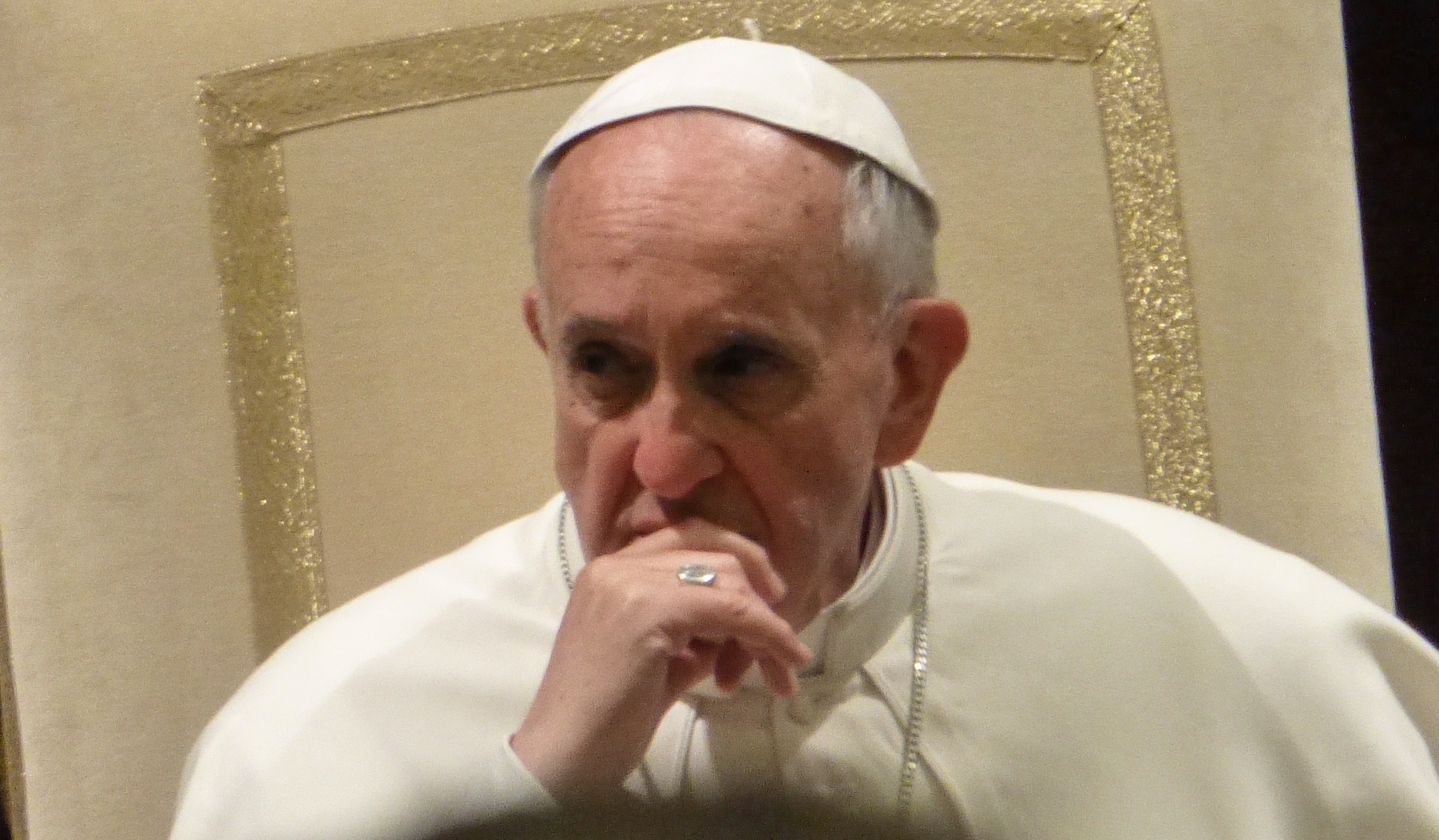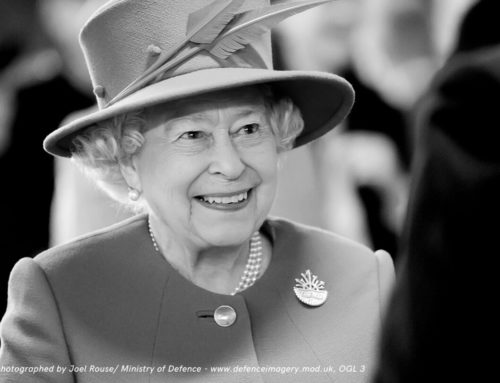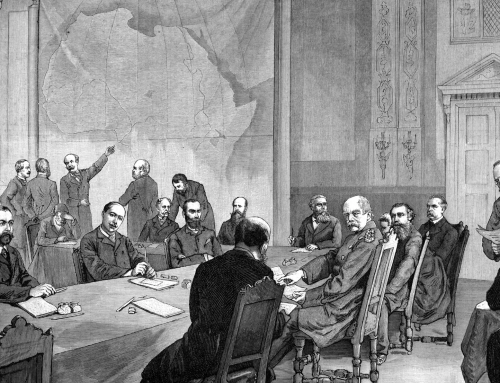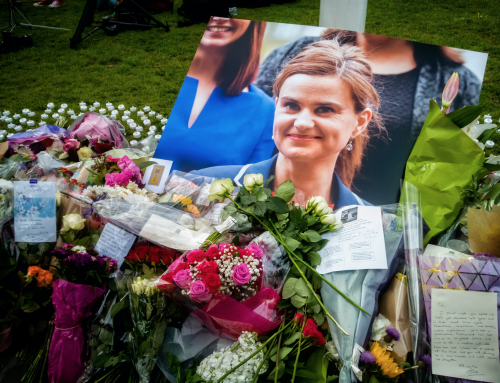Receiving Rwanda’s President in the Vatican on Monday, Pope Francis expressed ‘profound sadness’ over the genocide against the Tutsi and ‘implored anew God’s forgiveness for the sins and failings of the Church and its members, among whom
“Pope Francis’ appeal for forgiveness of the Church in relation to the genocide in Rwanda is welcome,” says Dr James Smith, Chief Executive of the Aegis Trust, which established the Kigali Genocide Memorial in 2004 at the request of the Rwandan Government and Kigali City Council. A site where some 250,000 victims of the genocide are buried, it continues to be run by Aegis today on behalf of CNLG (Rwanda’s National Commission for the Fight against Genocide) as a place both of remembrance and learning for a new generation.
“We hope that the Pope’s moral leadership will encourage an honest re-examination of tragic failures in Rwanda – in order to draw important lessons both for the Church and other institutions,” says Dr Smith. “The acknowledgment of the Church’s role and failure is important for survivors. It is also relevant as global challenges today are testing our collective and individual humanity.”
“As a survivor of the genocide against the Tutsi, I warmly welcome Pope Francis’ honest acknowledgment of the failings of the Catholic Church and his call for forgiveness,” adds Freddy Mutanguha, the Aegis Trust’s Regional Director.
“We can never forget how our brothers and sisters across Rwanda at that time fled for sanctuary to their places of worship, only to find – in church after church – that they had come face to face with death; sometimes even with the killers led by the local priest,” says Mutanguha. “Holocaust survivor Waldemar Ginsburg coined the phrase, “what is not acknowledged cannot be healed.” Through his acknowledgement, the Pope has opened the door to the possibility of greater healing in the hearts and lives of Rwandans today.
“Building on this, I would urge His Holiness to now engage the Catholic Church practically in helping destitute survivors rebuild their lives. Even today, more than two decades later, some still remain in desperate need as a direct consequence of the genocide.”




